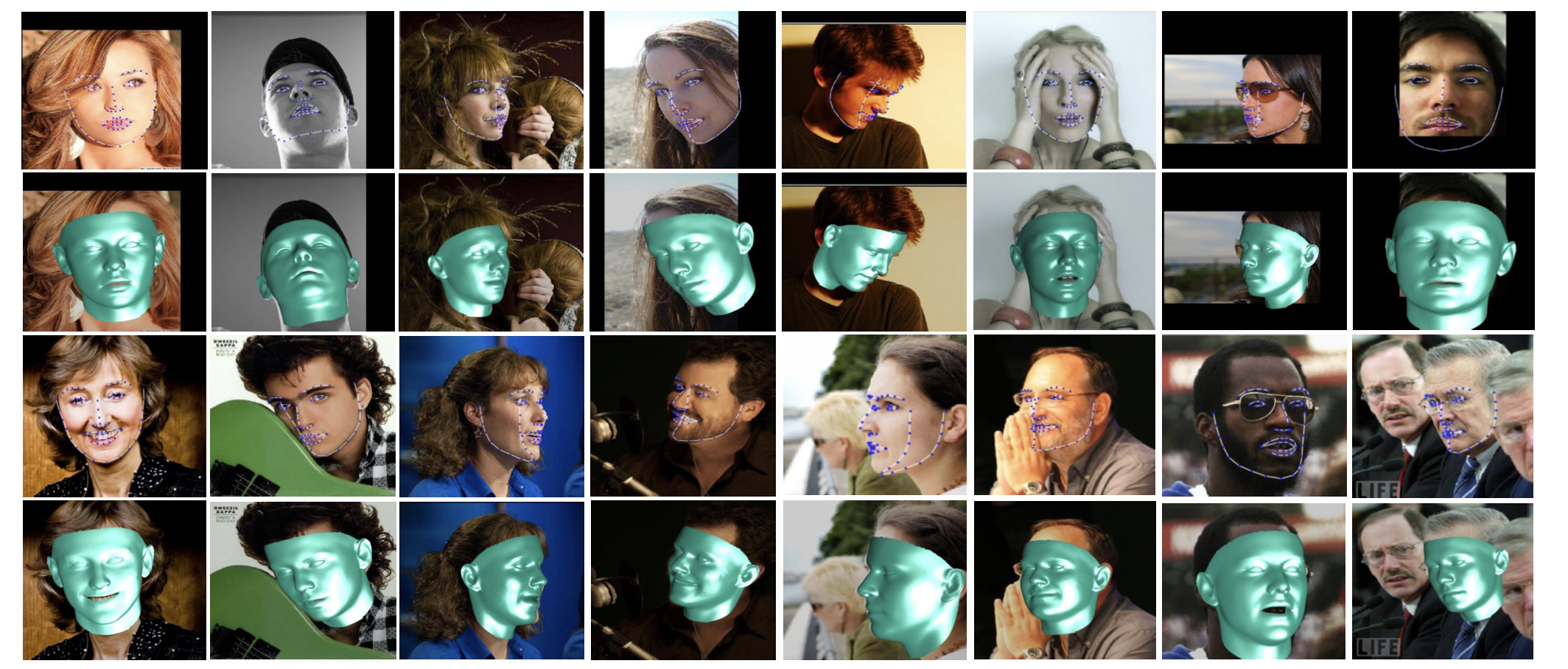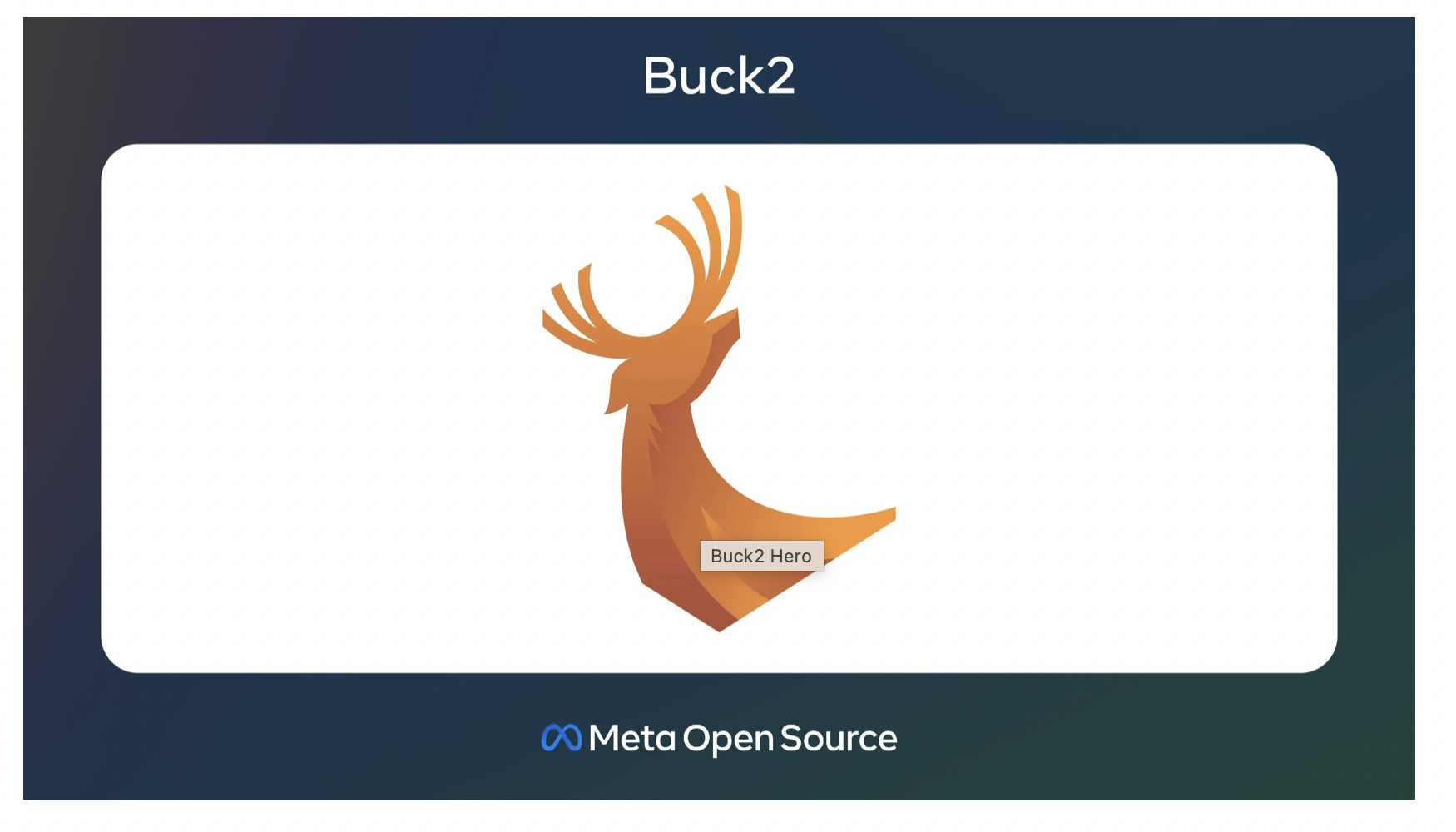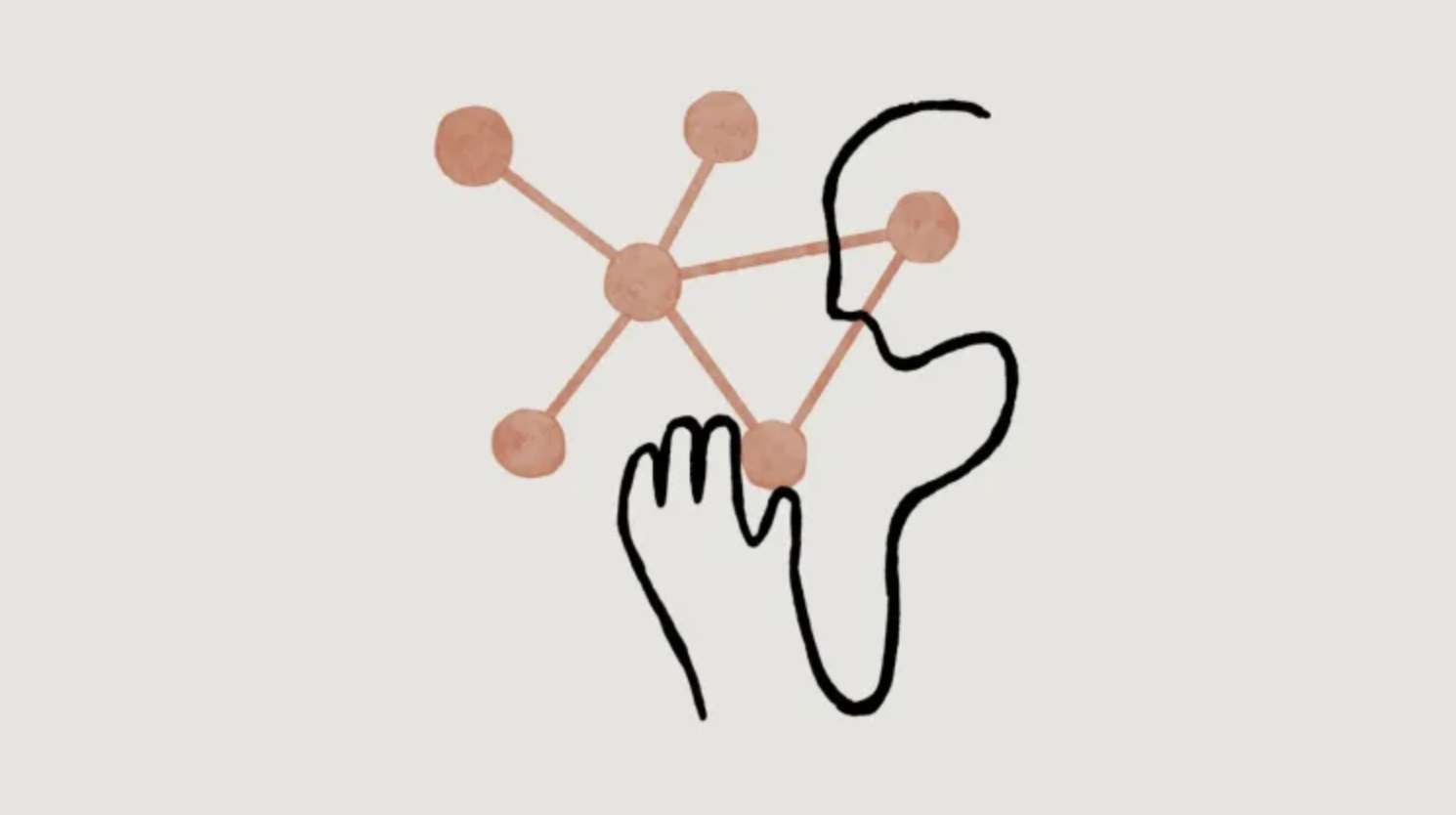
Many robotic applications, like self-driving cars, heavily rely on 3D object detection. While many strategies rely on pricey 3D sensors like LiDAR to provide precise 3D estimations, strategies that utilize stereo cameras have lately demonstrated encouraging results at a reduced cost. The method now in use attack this issue with a 3D object detector that uses a pseudo-LiDAR point cloud created by first performing depth estimation from stereo pictures as its input. However, this strategy is not ideal. A model was put out by researchers that combines these two jobs and executes them in the same metric space.

Using "in-the-wild" 2D face photos with noisy landmark information, researchers from the University of Electronic Science and Technology of China suggested a unique 2D-assisted self-supervised learning (2DASL) method that can significantly enhance 3D face model learning. The 2DSAL introduces four novel self-supervision schemes, including the 2D and 3D landmark self-prediction consistency, cycle-consistency over the 2D landmark prediction, and self-critic over the predicted 3DMM coefficients based on landmark predictions, specifically using the sparse 2D facial landmarks as additional information.
Open Source News:

Through the Buck2 website and the Buck2 GitHub repository, the open source large-scale build system for Meta is now accessible to the general public. Buck2 is a completely new build system, albeit having some similarities to earlier build systems (such as Buck1 and Bazel). With enhanced parallelism, integration with remote execution and virtual file systems, and a revamped console output, Buck2 has a complete separation of the core and language-specific rules. All of these adjustments are intended to reduce waiting time and increase code iteration for engineers and developers.

At a busy open-source AI meetup with more than 5,000 attendees on Friday at the Exploratorium in downtown San Francisco, Anthropic, one of the OpenAI's main competitors, surreptitiously opened up access to the "private alpha" version of the eagerly awaited chat service, Claude. An exclusive rollout gave a restricted group of guests the chance to be among the first to use the cutting-edge chatbot interface, Claude, which is expected to compete with ChatGPT.